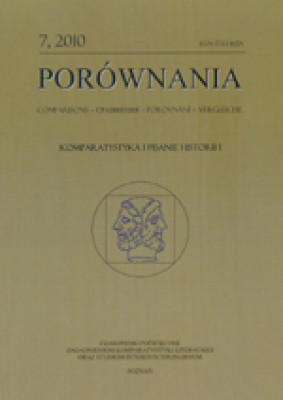How to Write the History of Central and Eastern Europe? An Answer to the Questionnaire
The author draws attention to the fact that the question asked in the title should be preceded by an explanation of how to understand the concept of Central and Eastern Europe. Bearing in mind that each written piece about history is presently a priori due to the character of discourses that the investigators tune into in their narratives and which they simultaneously co-create, they are convinced that the historical truth is found in the ongoing dialogue between the past and the present. In the fight about the (in)ability to write history he stands on the side of those who are convinced about the ability and even necessity to attempt to write it. From his own (Czech) point of view he does not treat Central and Eastern Europe as a part of one narrative because he sees the two notions as constructs of different kind. The notion of Central Europe according to the author can be used as a means of drawing attention to the nations of this region which see themselves as inherently part of the West and cannot (and could not) come to terms with being inserted into the Eastern context. However, the literary construction of Central Europe seems to be simpler than the political one. The question is then when and whether at all the generation that will treat themselves and their (culture and literature) as part of the Central European context will come. The author sees the way to construct the history of Central Europe as an attempt to grasp the history as a statement of a problem on the changes to the set of notions produced by events, correspondence and the permeation of different subsets: particular entities and subjectivities; assuming a comparative attitude as the most correct from the methodological point of view.
ISSN: 1733-165X
| Article Title | Type | Size |
|---|---|---|
| Janousek | [pdf] | [522 KB] |
